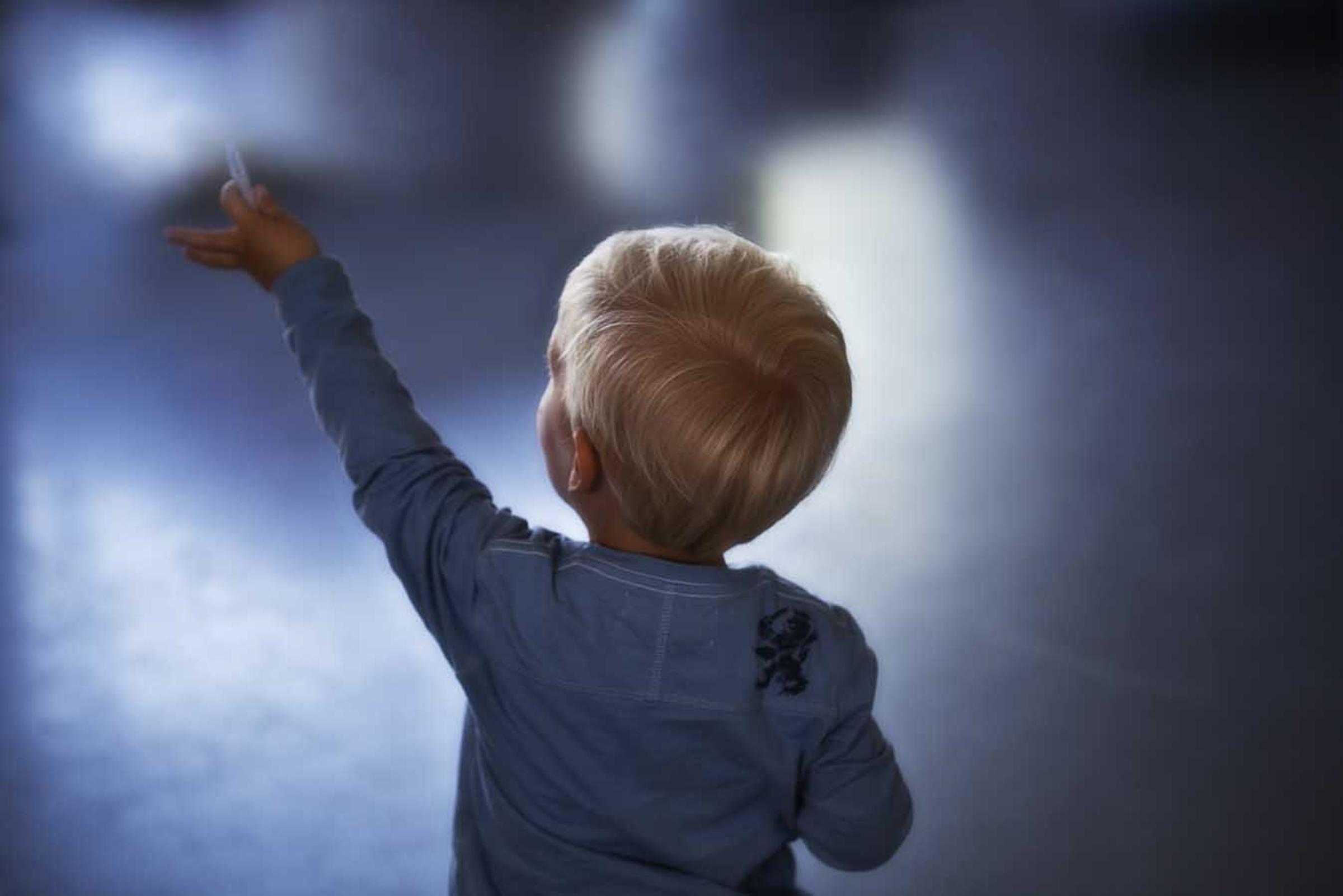HEALTH ALERTS

CHICKEN POX
Time for Exposure to Illness
10 to 21 days (usually 14 to 16 days)
Symptons
Slight fever, runny nose and a rash that begins as raised pink spots that blister and scab.
SLAPPED CHEEK DISEASE OR FIFTH DISEASE (Parvovirus)
Slapped cheek disease is a viral disease. It gets this name because, early in the infection, the child's cheeks may be bright red, as if they have been slapped. The virus is transmitted in droplets coughed out by infected children and mainly affects school and pre-school aged children. Most adults are immune, having already had the infection when they were children.
In Fifth disease, children may get a runny nose, fever, aches and pains, and rash. At first the rash may be on the cheeks and after a few days a rash may be found on the arms, legs or trunk. It is pink, has a lacy appearance and may be itchy. It may fade easily, but re-appear after a bath or exercise. Older children and adults may sometimes get swollen joints which get better after a few days.
Can the illness be serious?
Most people get Fifth disease when they are children and cannot get it again. In most children, Fifth disease is a mild, flu-like illness which gets better on its own in a few days.
If a pregnant woman becomes infected, the unborn baby can be severely affected. Pregnant women in contact with a child with Fifth disease should see their doctor for blood tests and monitoring of their pregnancy.
What is the treatment?
Paracetamol is useful to relieve your child's aches and pains. Your child should see a doctor if they have any swollen joints or pain not relieved by paracetamol.
Infectious Period
The incubation period for this illness is approximately 1-2 weeks. Fifth disease is no longer infectious once a rash appears.
IMPETIGO (School Sores)
Symptoms
Small red spots change into blisters that fill up with pus and become crusted; usually on the face, hands or scalp.
School or home?
Keep home from school until antibiotic treatment starts. Sores should be covered with watertight dressings.
How can I help prevent spread?
Parents of children who may have had contact with impetigo should look for signs of infection and seek treatment if symptoms develop. Careful hand washing especially after changing dressings. Avoid sharing toilet articles, towels, clothing or bed linen. Consider using anti-bacterial soap for bathing for two to three weeks. Avoid scratching or touching the lesions to prevent spread to other parts of the body. Completing the recommended antibiotic course is very important.
